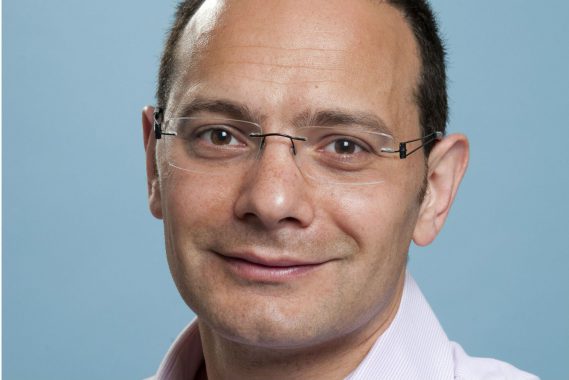Don’t make the same mistake I did with revalidation: start early

As someone who has been involved in GP education, as a trainer and programme director, I would have expected appraisal and revalidation to be a fairly painless process.
I am not someone who particularly buys into the process of appraisal and revalidation as I don’t believe it will ‘identify the next Shipman’ – nor do I feel it is a good differentiator of quality of practice. Some of us tend to reflect instantly and don’t find much benefit in subsequently reflecting on an action at a later date.
Preparation
Despite this, I do engage in the process; ensuring that I have completed the required minimum of 50 CPD credit hours per year and including significant event analysis, PUNS/DENS, multisource feedback (MSF) and patient satisfaction questionnaires (PSQs) within the annual appraisal.
I enter evidence into my appraisal on a regular basis, including my reflections. I don’t enter every educational activity that I partake in, but I ensure that there is a variety of educational activity covering all my roles included in the appraisal.
Experience
The actual appraisal is, with the right appraiser, quite a positive experience. With two of my previous appraisers in particular, the appraisal has been a time to reflect on what I have done and to make career and educational plans for the future.
It was during one such discussion a few years ago, when I was discussing being a LMC representative and how much I enjoyed this, that I came to the decision to try to be more involved with the LMC. I now find myself as a medical director for Londonwide LMCs with the GP support team and covering north-east London.
Appraisal from this point of view can and should be a positive experience that we all enjoy, instead of a chore. The problem is that appraisal has changed from its original format. It is often viewed as a tick-box exercise to ‘pass’ on an annual basis so that we can be revalidated on a five-year cycle.
Pitfalls
My own revalidation came around last year. I had never had any concerns raised with regard to my appraisals so did not give revalidation much thought. I was very surprised to hear my revalidation date was deferred. I contacted my responsible officer and was told I had insufficient reflection on my PSQ, which had been completed one year prior to the revalidation date and had been reviewed at a previous appraisal. After negotiation we agreed a way forward. I subsequently recorded some reflections on the PSQ, discussed this with my current appraiser and entered it onto my appraisal toolkit.
Advice
I have since learned from my experience and here is my advice:
• Record educational activities on a regular basis and save these on the toolkit. Do not leave this until the last minute; you won’t be able to complete them. Remember you need at least 50 hours per year; if claiming impact points you need to be able to justify this.
• Check you have completed the required number of significant event analyses (currently two per year) and at least one audit cycle in the five-year period.
• Don’t leave PSQ/MSF until the final year before revalidation. Aim to do this in year three or four of the cycle to give time to reflect and implement any changes identified by these feedback processes.
• Ensure that all entries have been reflected on. Make sure the reflection considers not just what has been learned, but any wider lessons and how these will affect future practice.
Dr Elliott Singer is a GP in Chingford, east London and a medical director at Londonwide LMCs
Pulse October survey
Take our July 2025 survey to potentially win £1.000 worth of tokens











